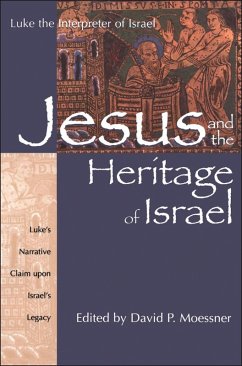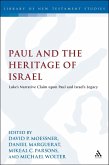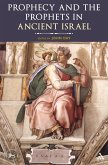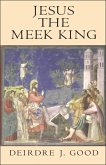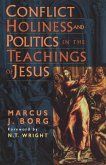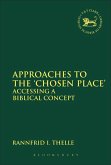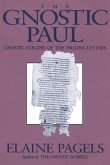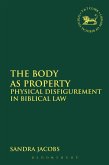In the first volume of this long-anticipated collection by Moessner and Tiede, seventeen leading scholars of antiquity present an amazing "sea change" of opinion that Luke is indeed the interpreter of Israel. The book represents an unprecedented international consensus that the Hellenistic author Luke composed a carefully crafted narrative in two parts to claim Jesus of Nazareth as Israel's true heritage and enduring legacy to the world.
Part One explores the nature of Luke's prologues and his intention to write a narrative of "events brought to fruition," using the narrative conventions and audience expectations of the Greco-Roman milieu.
Part Two illuminates the relation of Luke's second "volume" to the first by inquiring about the consistency and coherence of his narrative-thematic strategies in retelling the story of Israel's legacy of "the Christ." Whether Luke completed Acts, the larger role of Paul and, most significantly, the meaning of Israel by the end of Acts are approached from new perspectives and charged with provocative insights.
In addition to the volume editors, the contributors include L. Alexander, D. Schmidt, V. Robbins, C. Thornton, R. Pervo, W. Kurz, C. Holladay, G. Sterling, D. Balch, E. Plümacher, Charles H. Talbert, J.H. Hayes, D. Marguerat, M. Wolter, R. Tannehill, and I. H. Marshall.
David P. Moessner is Professor of Biblical Theology at the University of Dubuque Theological Seminary.
Part One explores the nature of Luke's prologues and his intention to write a narrative of "events brought to fruition," using the narrative conventions and audience expectations of the Greco-Roman milieu.
Part Two illuminates the relation of Luke's second "volume" to the first by inquiring about the consistency and coherence of his narrative-thematic strategies in retelling the story of Israel's legacy of "the Christ." Whether Luke completed Acts, the larger role of Paul and, most significantly, the meaning of Israel by the end of Acts are approached from new perspectives and charged with provocative insights.
In addition to the volume editors, the contributors include L. Alexander, D. Schmidt, V. Robbins, C. Thornton, R. Pervo, W. Kurz, C. Holladay, G. Sterling, D. Balch, E. Plümacher, Charles H. Talbert, J.H. Hayes, D. Marguerat, M. Wolter, R. Tannehill, and I. H. Marshall.
David P. Moessner is Professor of Biblical Theology at the University of Dubuque Theological Seminary.

